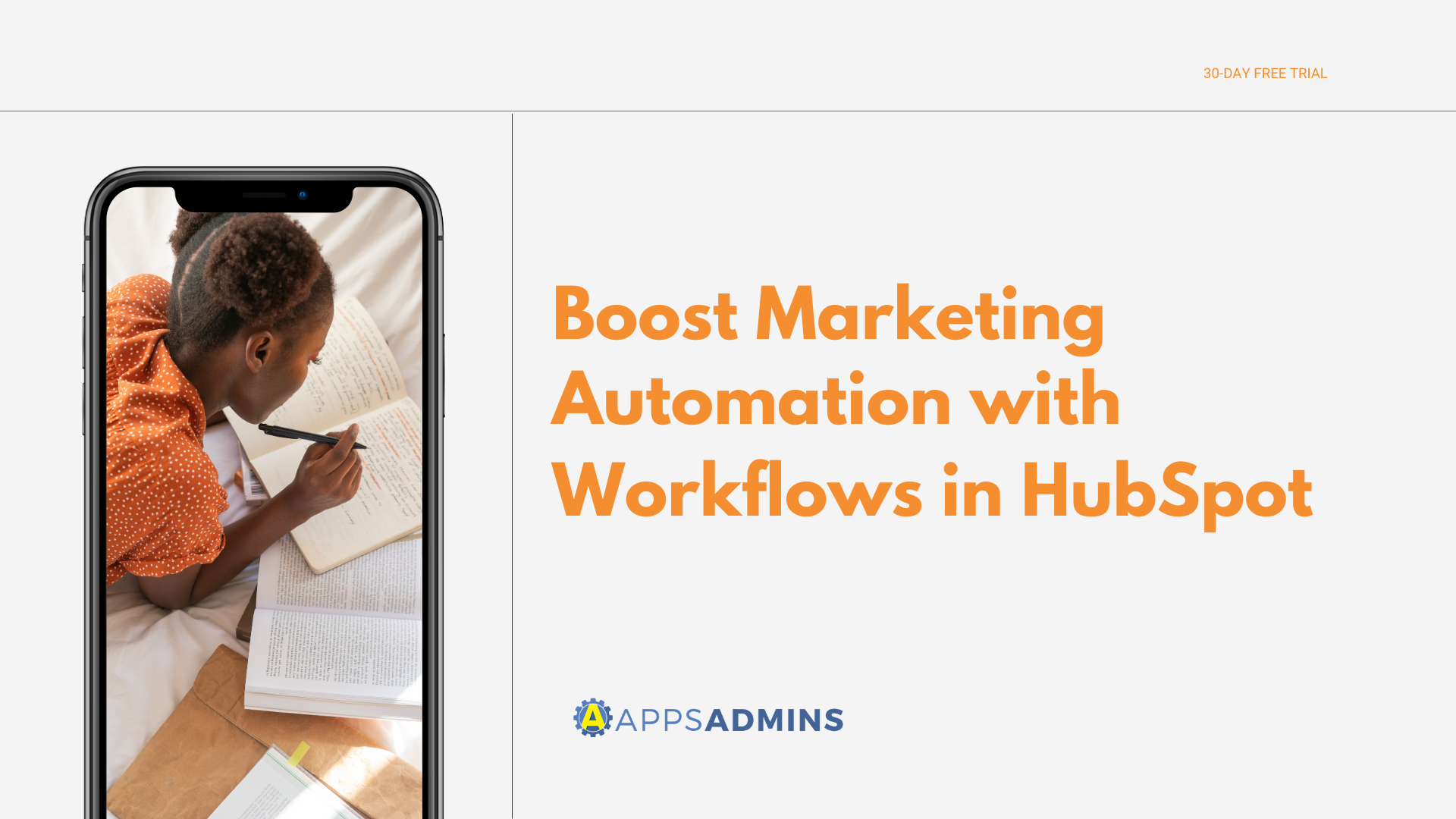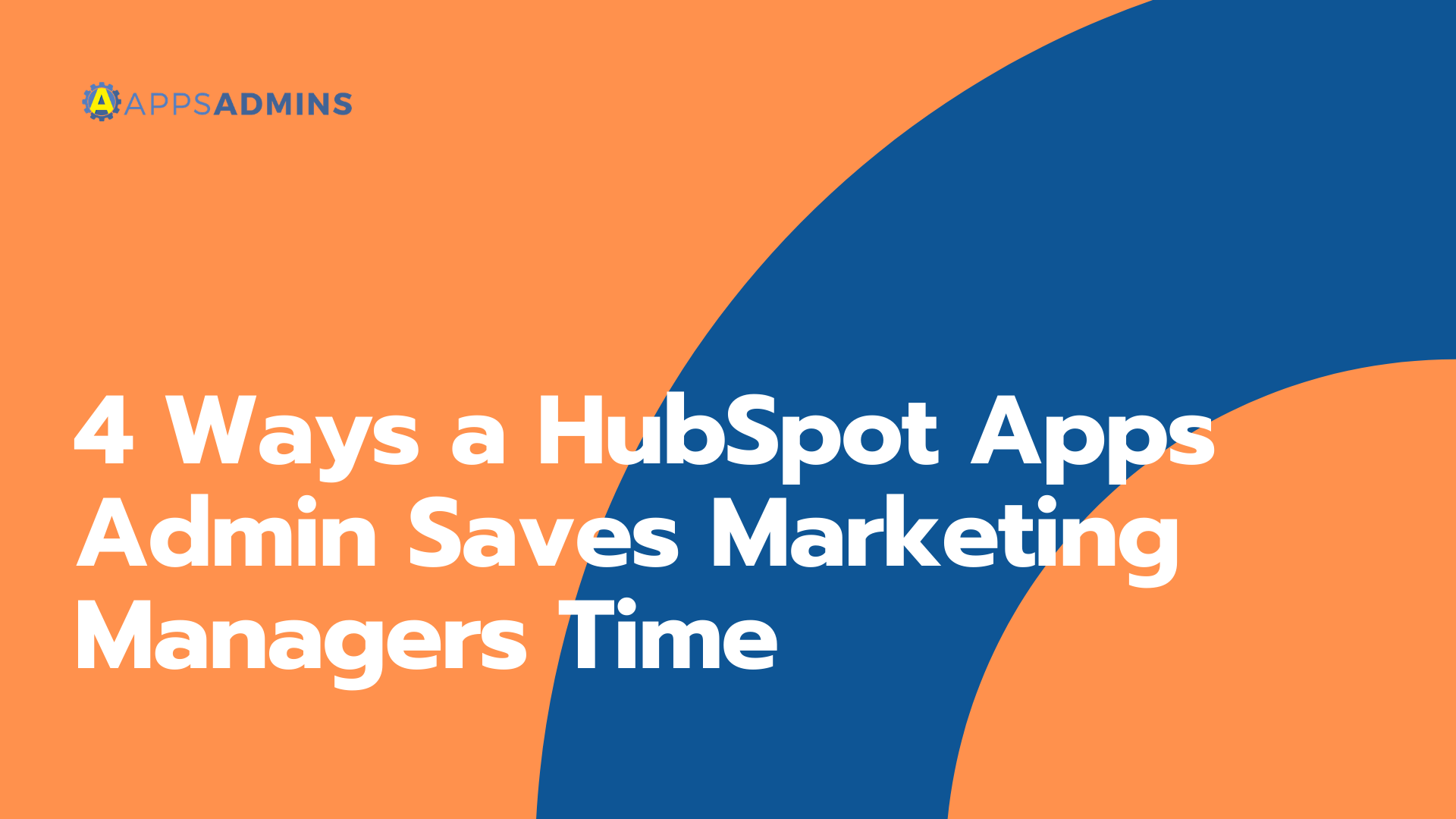G Suite Business Free for 30 Days
Sign up for a Free 30 Day Trial of G Suite Business and get Free Admin support from Google Certified Deployment Specialists. No Credit Card Required.


Two rather massive acquisitions by CRM leader Salesforce, and Cloud dynamo Google have started to highlight just how necessary big data is to the future of the digital environment. According to industry analysts, there's a good chance that both Salesforce and Google have made their latest purchases to help shore themselves against the growing Microsoft portfolio.
Salesforce announced that it was purchasing a business analytics software company named Tableau software at the beginning of June, and Google noted that it was buying Looker - a startup analytics company, for $2.6 billion. The corresponding deals could help to put both Salesforce and the Google Cloud network in better positions when offering analytical strategies to customers. After all, big data is one of the most essential buzzwords in the transformation industry today.
Improving Decision Making
For years now, Google has been helping companies to make more strategic decisions about their future using the power of data. Data storage solutions like BigQuery ensure that companies can get more access to both the structured and unstructured information they collect each day. However, while Google has provided plenty of ways for companies to convert data into fuel for AI and machine learning, its business analytics offerings have been limited - until now.
Purchasing the Looker business intelligence platform will give Google what it needs to bolster its existing cloud computing platform and deliver a wider array of services to customers. This purchasing decision comes as part of Thomas Kurian's plan to drive new cloud investments for Google this year. The CEO of Google announced that at the beginning of the year that Google Cloud will be competing more aggressively in the market under his leadership in the months ahead.
In press releases about the latest big-data purchases, the CEO of Talend said that both of the two deals seem to highlight the strategic importance of data in the changing business environment. Companies from all settings are waking up to the growing importance of data analytics, and the transformative impact it can have on a business.
More Investments in Big Data to Come?
It could be that the investments made by Google and Salesforce this month are a sign of things to come in the months ahead. Many brands are going to have to start investing more in their analytics strategies if they want to serve modern cloud users. It makes sense that as a leader in the cloud arena, Google would be one of the companies to jump to the podium first.
Additionally, the new purchase will give Google even more strength to fight back against Microsoft, the cloud company that's gradually stepping up its game with new implementations for the Azure cloud service. Although Microsoft also had their eyes on Looker this year, Google was the one that managed to come out ahead of the crowd and secure the purchase. It's no surprise that Looker garnered so much interest when you consider how high it ranks in the list of serious business intelligence tools, according to statistics.
Google's investment in increased business intelligence solutions will lead to two big changes in the cloud environment. First, users will have an opportunity to define business metrics more consistently across all of their data sources. Secondly, Looker will also ensure that Google users can learn more about how their businesses are performing through an in-depth, integrated analytics platform.
According to CEO Thomas Kurian, the decision to purchase Looker was an obvious one for the future of Google's big data strategy. As the company continues to strive to place its Cloud platform at the top of the pile for solutions that deliver "something for everyone," Looker will give them a more complete portfolio to work with.
Going forward, Google will also be looking for ways to integrate Looker abilities into unique vertical workflows, so that companies from specific industries will be able to get a more personalized view of their data analytics. This means that healthcare companies will be able to see how their teams are performing in real time, while retailers can check out supply chain analytics and more.
.jpg?width=818&name=appsadmins-svg-rules-1%20(2).jpg)







